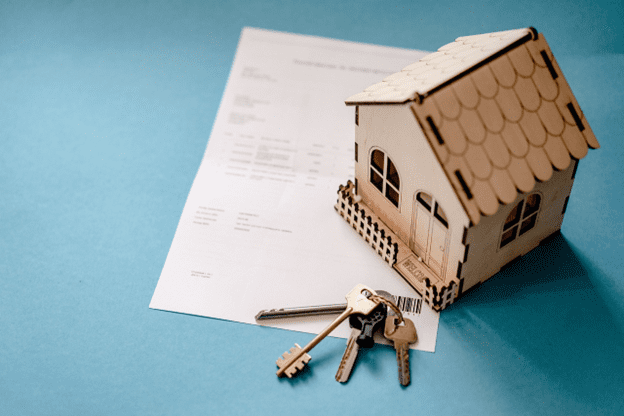
Have you thought about turning your vacant house into a rental?
It could be a great way to bring in extra income, but there are a few things to consider first. Being well-prepared will help you avoid common pitfalls and make the most of your property.
Contents
1. Property Condition
Before renting out your house, make sure it’s in good shape. Walk through each room and look for any damage or repairs that may be needed.
Fix anything that could be a safety risk, like broken steps or loose handrails. Also, check the plumbing, electricity, and heating systems to ensure they work well.
A clean, well-kept home attracts better tenants. Fresh paint, clean floors, and working appliances make a big difference.
Don’t forget about the outside of the house, too. The yard should be neat, and any outdoor lights should work. The better the condition, the easier it will be to rent out your home.
2. Legal Requirements
Before you rent out your house, make sure you follow the laws in your area. Some places have rules about renting, such as permits or inspections.
You might need to register your property as a rental or get insurance. Check if your city has rules about rent limits or how much notice you need to give tenants to move out.
It’s also important to understand the lease agreements. A lease is a legal contract between you and the tenant.
It should cover important details such as rent, repairs, and house rules. By staying on top of legal requirements, you can avoid trouble and keep everything running smoothly.
3. Tenant Screening
Finding the right tenant is crucial for a successful rental. Start by creating a clear application process. Ask potential renters to fill out a form with their personal information, rental history, and job details.
Checking references is important too. Contact previous landlords to learn about the tenant’s behavior and reliability. This helps you know if they will pay rent on time and take care of your rental property.
You can use a property management service, such as Atlanta Property Management, to help. They have experience in finding good tenants and can handle the paperwork for you. This saves you time and reduces stress.
Taking the time to find the right tenant ensures a smooth rental experience. A responsible tenant protects your investment and provides a steady income. Choosing wisely now will pay off later.
4. Financial Planning
Planning your finances is crucial when turning your house into a rental property. Begin with calculating your costs, including mortgage payments, property taxes, insurance, and maintenance. Having a clear picture of your monthly expenses helps you stay organized.
Next, set a rental price. Research similar properties in your area to see how much they charge. This information will help you decide on a fair price that attracts tenants while covering your costs.
It’s also important to plan for unexpected expenses, such as repairs or vacancies. Having a financial cushion can keep you secure during tough times. Smart financial planning will help you succeed as a landlord.
Consider These Before You Convert Your Vacant House
Turning a vacant house into a rental property can be a smart way to earn extra money. It may take time and effort, but the rewards can be worth it.
By taking the right steps and making preparations, you can create a successful rental experience. With careful planning and attention, your empty house can become a valuable source of income.
And before you go, be sure to read through some of our other helpful posts!








